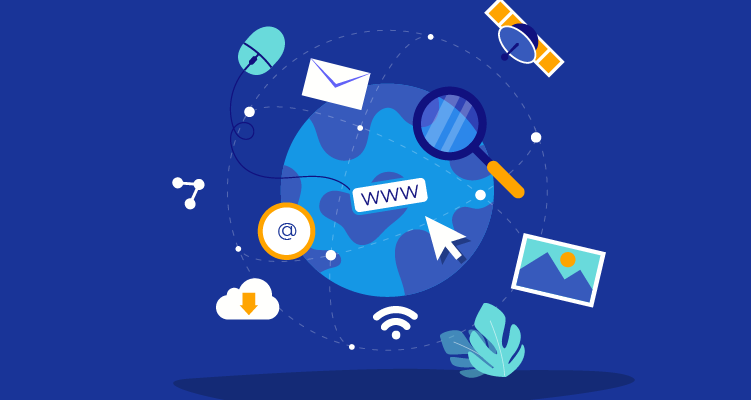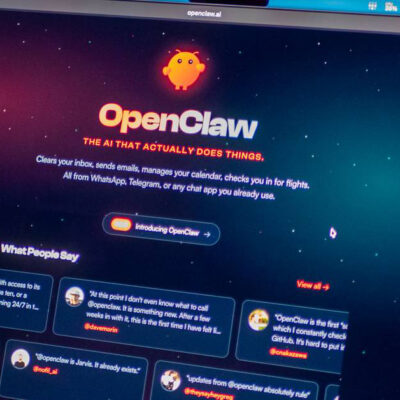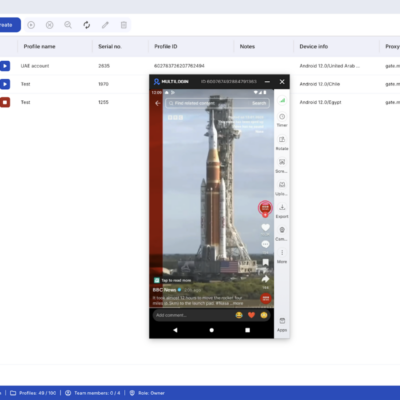How IoB Might Become Your Privacy’s Newest Threat
As technology continues evolving, so does how it monitors, influences, and potentially manipulates us. One of the most recent advancements is the Internet of Behaviors (IoB), a sophisticated technology that uses data to understand and anticipate our behaviors—often without our full awareness. While IoB can enhance our digital experiences, its implications for privacy and autonomy are deeply concerning.
About the Internet of Behaviors (IoB)
The Internet of Behaviors (IoB) is an evolution of the Internet of Things (IoT). While IoT connects our physical devices—like smartphones, wearables, or home automation systems—the IoB leverages the behavioral data gathered from these devices to analyze, predict, and influence our actions.
IoB collects and interprets nearly every aspect of your digital interactions, from the social media posts you like to the time you spend reading specific content. Using artificial intelligence (AI) and machine learning, it builds detailed profiles based on your habits, preferences, and online patterns. The goal? To create highly personalized experiences, such as suggesting products, recommending shows, or tailoring social media feeds. However, the line between personalization and manipulation can be thin, and IoB crosses it more often than many realize.
How IoB Tracks and Influences Your Decisions
Personalized Yet Intrusive Tracking
The allure of IoB is personalization. By tracking your online activities, IoB can make informed guesses about what you’ll be interested in next. Ever wonder why Netflix seems to know your next binge-worthy series? Or how your favorite retail site always seems to have a “must-have” item on sale just as you’re about to buy? That’s IoB at work, analyzing your past interactions to predict and even influence your future actions.
As highlighted in ExpressVPN’s study, the IoB collects behavioral data across multiple channels and devices, curating recommendations to keep you engaged, clicking, and consuming. This isn’t just to make life more convenient; it’s designed to increase profits for companies by keeping you on their platforms longer or encouraging more spending.
The Growing Ethical Concerns of IoB
IoB’s omnipresence raises ethical concerns about data privacy and control. It’s one thing to have companies know what you like, but another to have them predict your future behaviors, often using private or sensitive data. Platforms like Facebook, Instagram, and TikTok don’t just know what posts you engage with—they understand how long you linger on a particular image or whether you revisit certain topics. The danger here is not only in the loss of privacy but in the subtle ways IoB can manipulate behaviors by reinforcing specific viewpoints and creating echo chambers.
This data-driven influence over people’s decisions can quickly lead to privacy invasion, increased control over online information, and potential biases in how content is presented.
How IoB Could Threaten Your Privacy
Privacy Risks and Security Concerns
While companies may reassure users of their data security measures, the risk of breaches, leaks, and unauthorized access is ever-present. Personal data, such as your interests, preferences, or even routines, can be weaponized. Once your behavioral data is shared or leaked, it’s nearly impossible to retract. Consider the infamous Cambridge Analytica scandal, where millions of Facebook users’ data was used without consent to influence elections. Situations like this reveal just how vulnerable our data is—and how easily it can be misused. In regions like New York City, growing concerns over IoB underscore the importance of understanding your rights and practical options for protecting sensitive personal information. If you believe your data has been exploited or inadequately secured, consulting a data privacy law firm with experience in navigating local and federal regulations can be crucial—particularly when dealing with complex new tech-driven privacy risks.
Bias in Algorithmic Decision-Making
The data collected by IoB isn’t always objective; biases can emerge based on demographics, browsing patterns, or even location. These biases can influence which content you see, creating a feedback loop that reinforces stereotypes and perpetuates inequalities. For instance, IoB might favor content aligned with your past interactions, creating an echo chamber that limits diverse perspectives. This selective exposure can distort opinions and affect decisions, including crucial ones like voting or health-related choices.
How to Protect Your Privacy in the Age of IoB
While the Internet of Behaviors can feel like an unstoppable force, there are practical steps you can take to regain control over your digital privacy.
1. Tighten Your Privacy Settings
Most apps and websites offer privacy settings that allow you to limit data sharing, but these are often set to collect as much information as possible by default. Take time to review and adjust privacy settings on your social media accounts, devices, and applications. Reduce permissions like location tracking, app activity monitoring, and camera access unless absolutely necessary.
2. Minimize Data Collection Permissions
Many apps ask for permissions that aren’t essential to their function, like access to your contacts or location. Only allow permissions that are required, and regularly audit your app permissions to see if any have changed following updates.
3. Use Privacy Tools Like VPNs and Private Browsers
Using a virtual private network (VPN) can help protect your online identity by hiding your IP address and encrypting your internet connection. This makes it harder for third parties to track your activities back to you. Privacy-focused browsers, like DuckDuckGo and Brave, can also reduce tracking by blocking third-party cookies and limiting fingerprinting.
4. Be Mindful of What You Share Online
Consider the impact of every post, like, and click. Sharing personal details or engaging with certain content feeds into your digital profile, which IoB algorithms can use to predict and influence your behavior. Limiting your online presence can prevent companies from having access to sensitive information about your preferences and habits.
5. Stay Updated on Privacy Policies
Reading privacy policies may seem tedious, but they outline what data companies collect and how it’s used. Some services allow you to “opt out” of specific data collection practices, so understanding these policies can help you make informed choices about what information to share.
6. Monitor Your Digital Footprint
Take time to review your online accounts, connected devices, and any publicly available data. Delete unused accounts, scrub outdated content, and consider removing any digital traces that no longer serve you.
Navigating the IoB Era
As we move further into the age of IoB, the balance between convenience and privacy will be more challenging than ever. The Internet of Behaviors offers a more tailored digital experience but at the cost of surrendering personal data—and potentially even autonomy over our decisions. Understanding the power of IoB is the first step toward protecting yourself in a world where every action can be monitored, analyzed, and used to shape your behavior.
How much of your privacy are you willing to trade for a personalized experience? Staying informed, questioning the status quo, and implementing practical privacy strategies can help you stay in control of your online presence.










